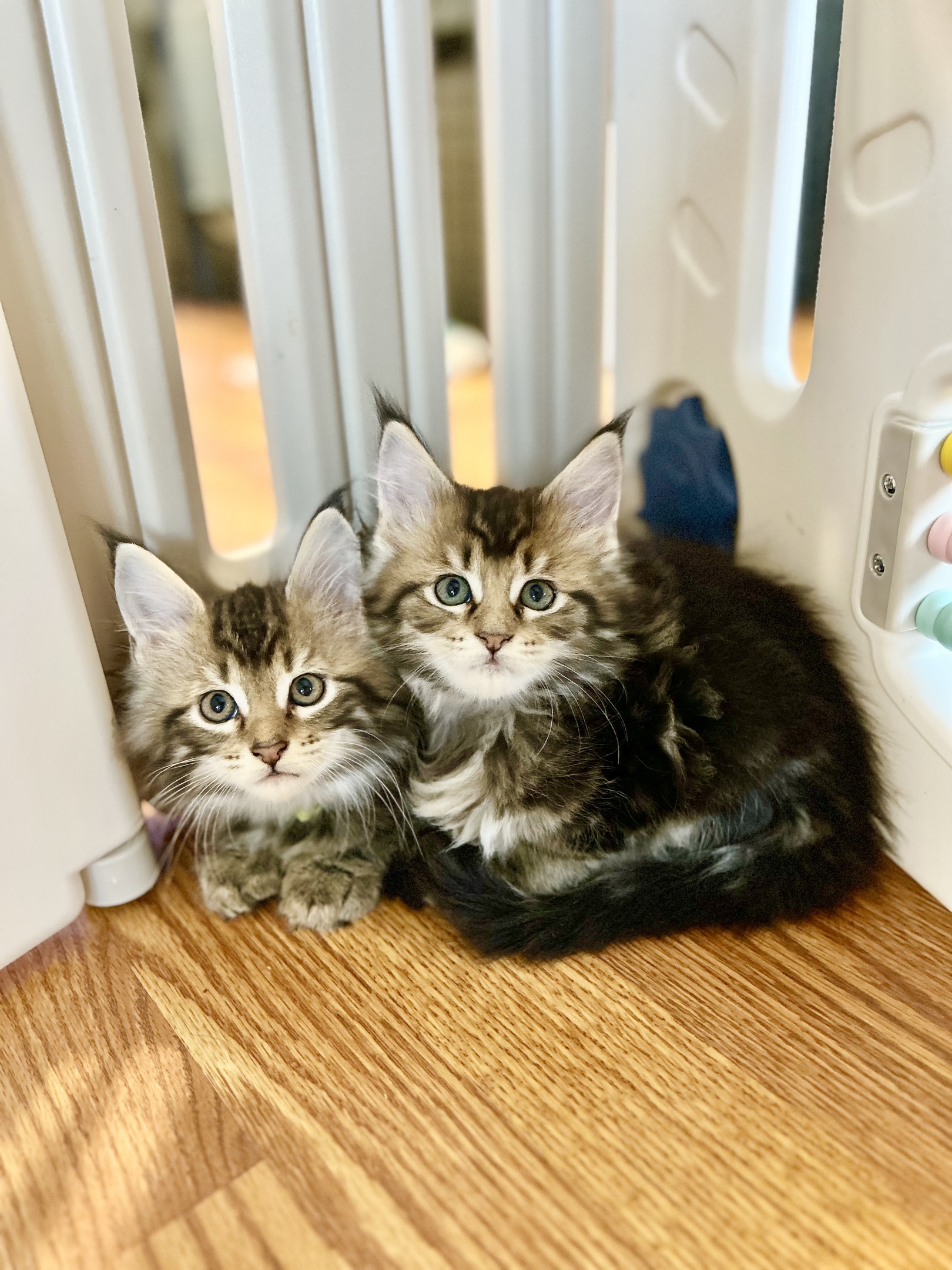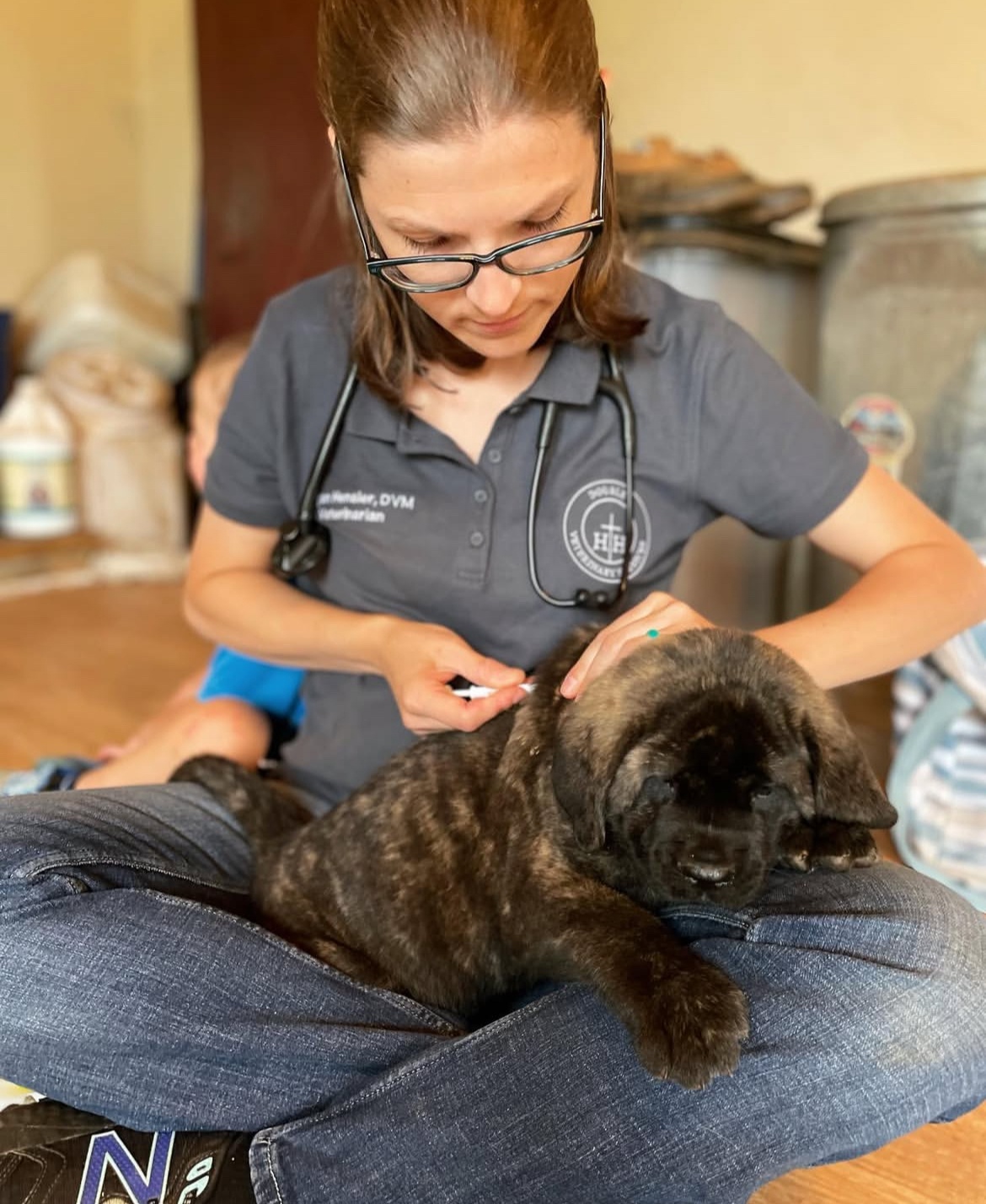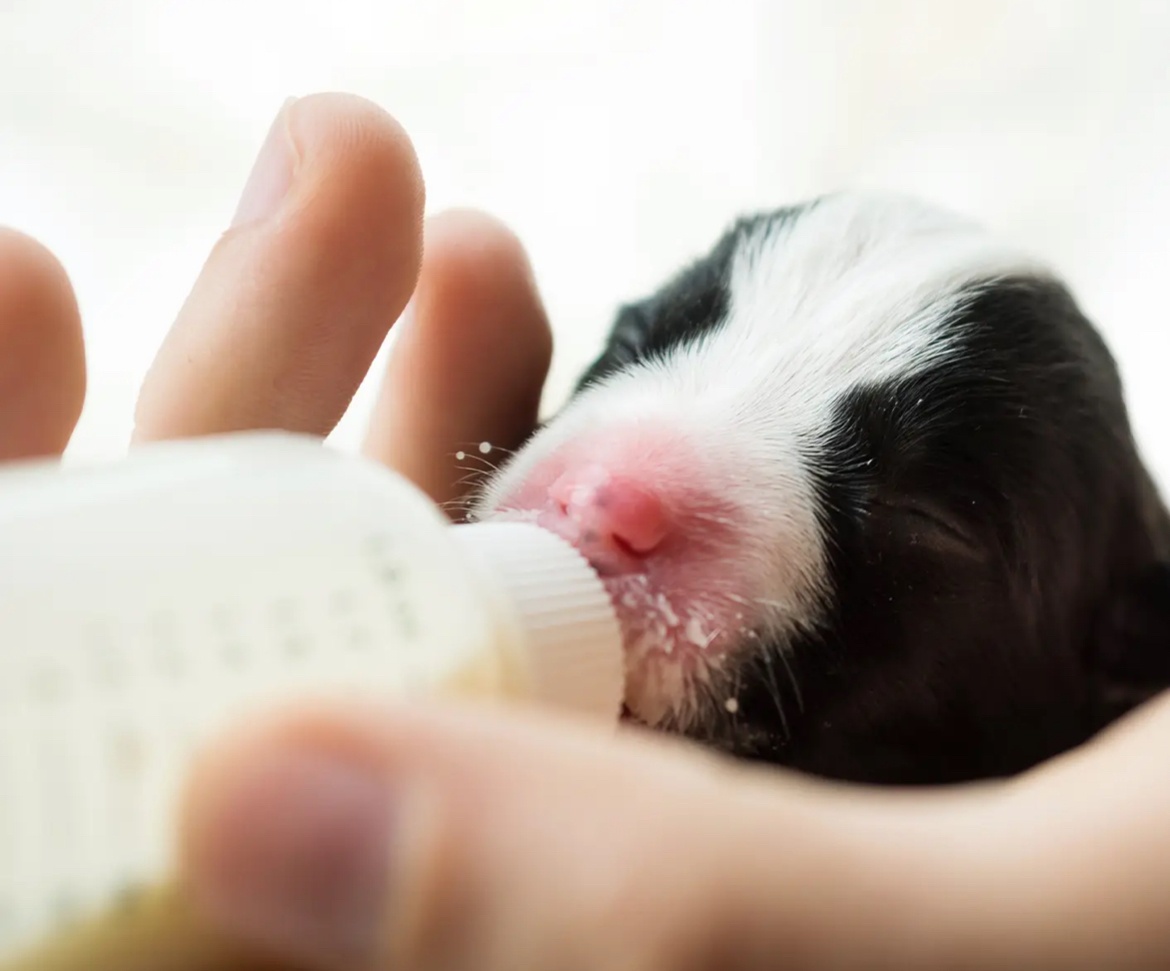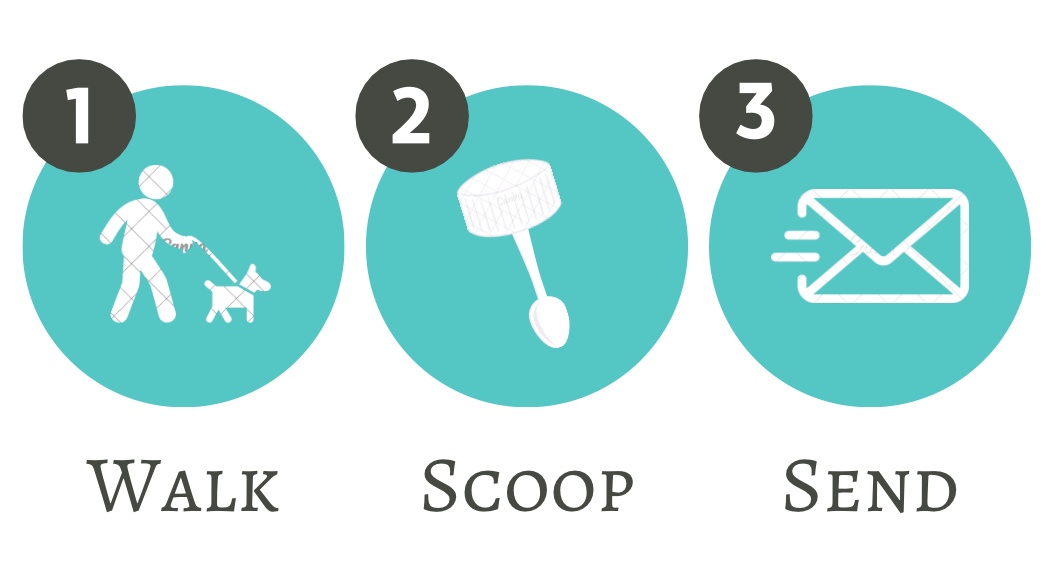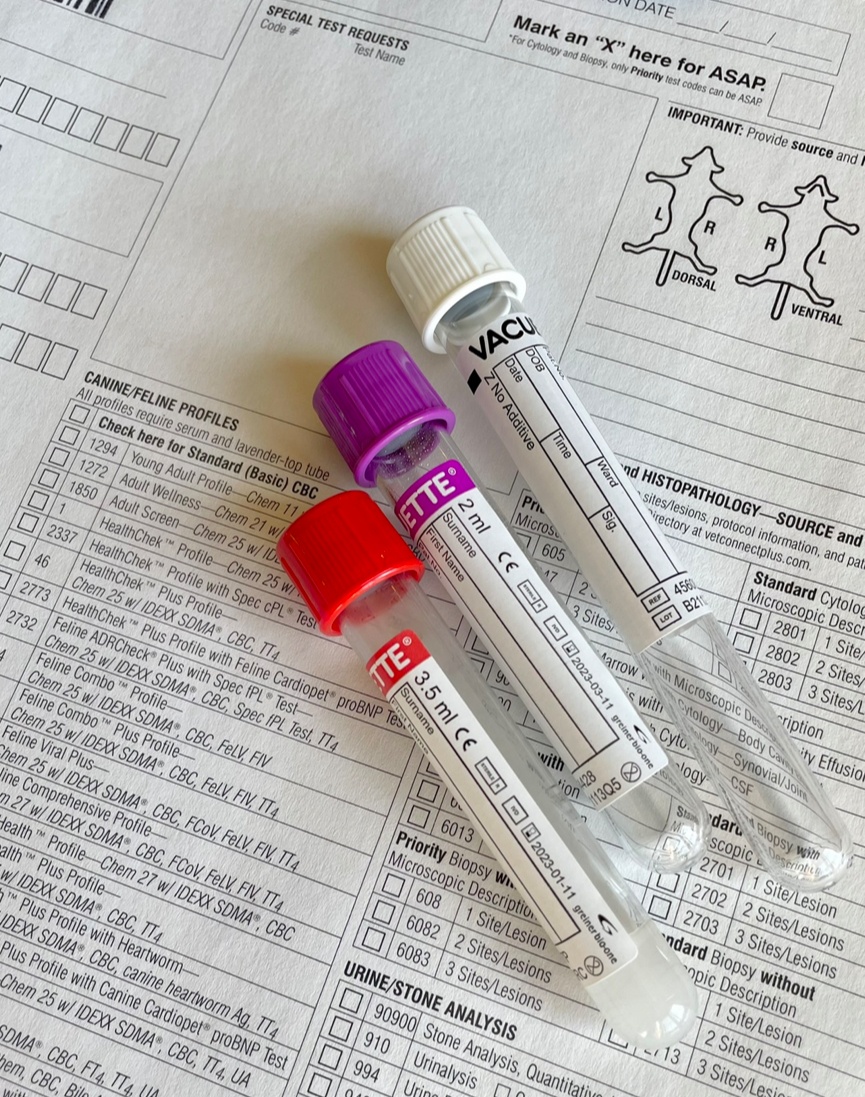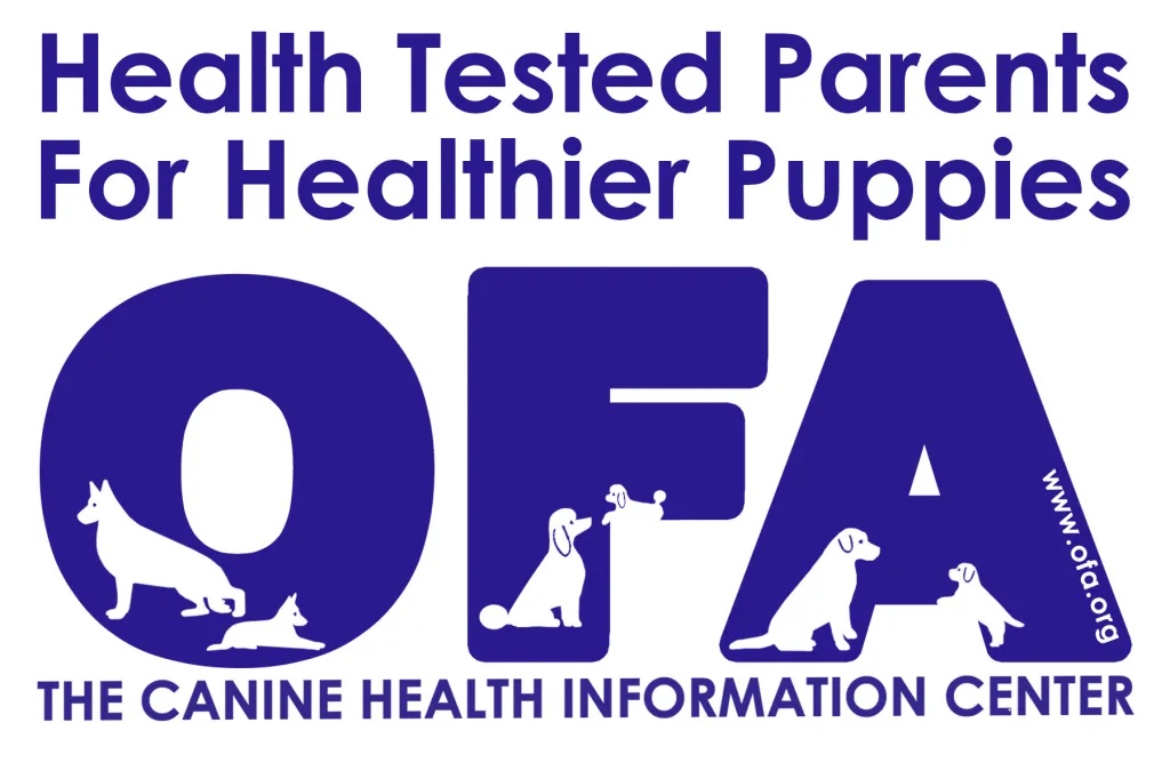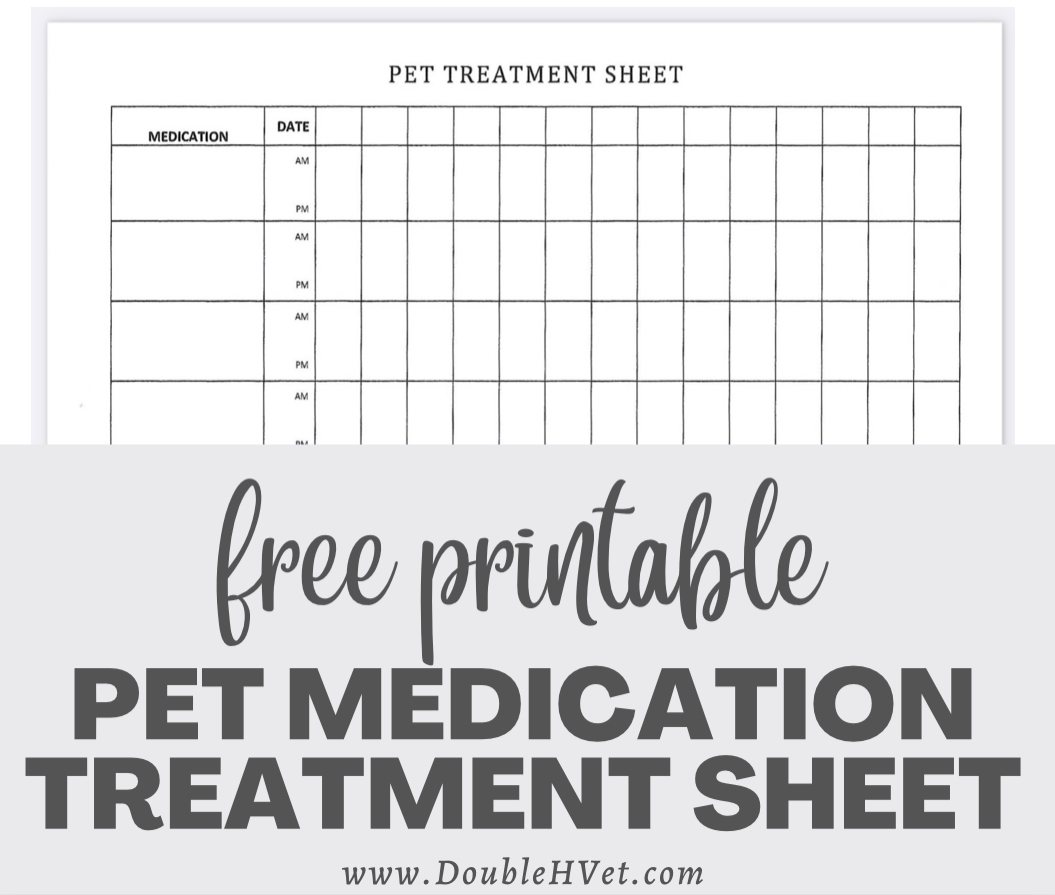
Dog Vaccinations
Double H Veterinary Services follows vaccination guidelines from the American Animal Hospital Association for dog vaccines. Most begin at 6-8 weeks of age with boosters recommended until a puppy has reached a mature immune status (usually around 16 weeks of age). We follow state guidelines which require a rabies vaccination for all dogs over 3 months of age. Once puppyhood vaccines are complete, adult vaccines (except for rabies) are usually completed based on individual lifestyle and risk factors. We are happy to work with you to determine the best vaccination schedule for your pet. For more information, as well as a summary of the different types of vaccines available, please visit:
AAHA Canine Vaccination Guidelines
Request an appointment today to update your dogs’ vaccines.

